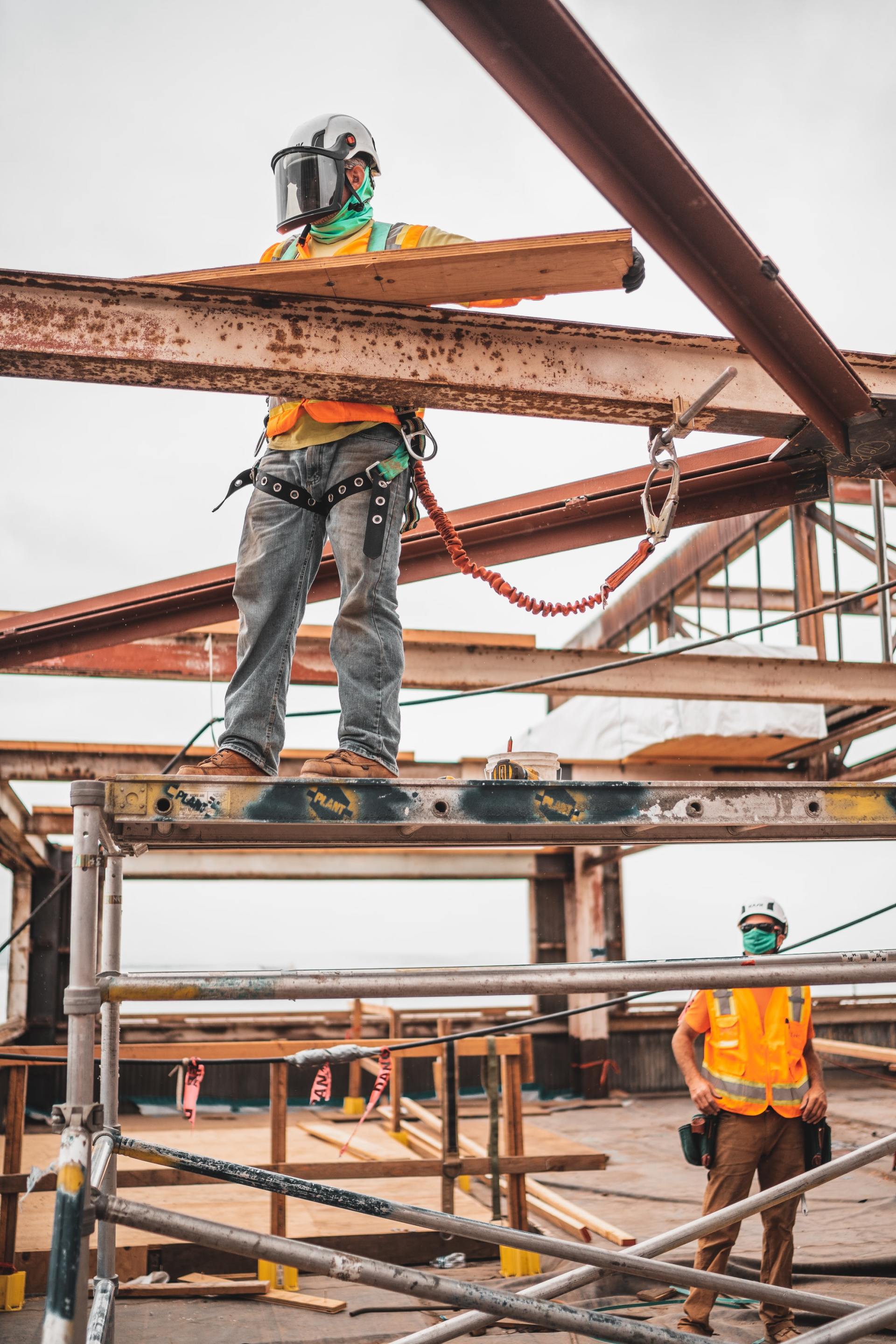Changes to VAT Rules Will Affect Cash Levels in Construction

There are big changes coming in the way VAT is treated in UK construction. Whilst tempting to not take interest and leave it to the finance guys, I’m afraid as a business owner this is something you’re going to need to pay attention to. There are impacts wider than just financial control.
In an industry that already suffers from pressures on cash flow, in many cases the changes are going to make things even tighter. And if you don’t understand why payments seem instantly harder to make, you could find your bank account in a difficult situation very quickly.
The changes come into effect on 1st March 2021. In our recent discussions in the industry, we’d say that more than half of construction businesses remain unaware, unprepared or simply in denial that the changes will happen. And whilst VAT’s certainly not exciting, the effects of the changes do need understanding.
So in brief, what are the changes? It’s all based on the fact that the construction sector suffers one of the highest levels of fraud and a disproportionate amount of company failures. The construction sector represents 7.4% of the UK economy, but tops out the business failure charts where one in five of all company casualties is a construction company.
It’s thought that about £100m in VAT is lost each year from construction sector fraud, failures or errors. It’s this inherent riskiness, that is driving the UK tax authorities to make changes wherever possible.
The biggest change coming is that the payment of VAT is being effectively removed from the construction supply chain. But not if you’re an “End User” or “Intermediary”.
So what does this mean in practice? In summary, if you’re a sub-contractor you no longer have to charge your customer VAT. But the payment of VAT doesn’t disappear from the construction industry… instead the collection and onward payment of VAT falls to the End User.
An End User might be a property owner or developer selling or letting a newly completed project. It’s that End User’s responsibility to make suppliers aware that they are in fact the End User.
If you want a more detailed description of precisely what is changing, speak to your accountant. However, having never written an article on VAT before, why are we choosing to start now? Well, you’ll need to address all the finance issues: invoicing, training, dealing with the supply chain, VAT return changes, and changes to your software and systems.
But from our perspective, one of the biggest impacts will be on cash flow; especially for sub-contractors. I’m afraid for those already feeling the strain, things might get even tighter.
Let’s take a simple example where a sub-contractor supplies £10,000 of labour to a main contractor. Currently, you charge the main contractor £12,000 and pay £2,000 to HMRC on your next VAT return. Under the new rules, you will only charge the main contractor £10,000 and no VAT. As an End User, the main contractor will charge the client VAT of £2,000 and pay this on to HMRC.
The effect of this change is not to be underestimated. The sub-contractor has now lost £2,000 from their cashflow. Depending on VAT reporting, timing and input VAT, the sub-contractor might have been able to hold on to that £2,000 for up to four months in the business before being required to pay it to HMRC. Think of what you would have normally done with £2,000 in that time: bought materials, paid wages, got a payment from the main contractor, originated more work, or put it in a deposit account before paying it to HMRC.
Everyone in the sector who is affected is going to have to undertake an assessment of what the impact of the changes are and their readiness to work with them.
If you’re a sub-contractor think about the cash flow impacts and don’t forget to include the effect of any VAT deferrals you’ve taken advantage of as a result of CV19.
If you’re a developer or main contractor, remember your responsibilities to your supply chain to inform them of your End User status. Also consider the cash flow impacts on the wider supply chain. Are there links in the chain you’re worried about? What can you do to support them? Lastly keep an eye on the prices of materials versus labour… there may be a “rebalancing” of what each costs so that sub-contractors soften the cash flow impacts via VAT.
And in terms of HMRC’s tolerance to adopting the new scheme, there will be a “soft landing” period. They won’t be sympathetic where you’ve made no effort to comply or your documentation (invoicing, end user status) is wilfully false. But they will be sympathetic to genuine errors for up to six months.
If you want to discuss how these changes are going to affect what you do, you can contact our construction team by emailing construction@branta.co.uk



